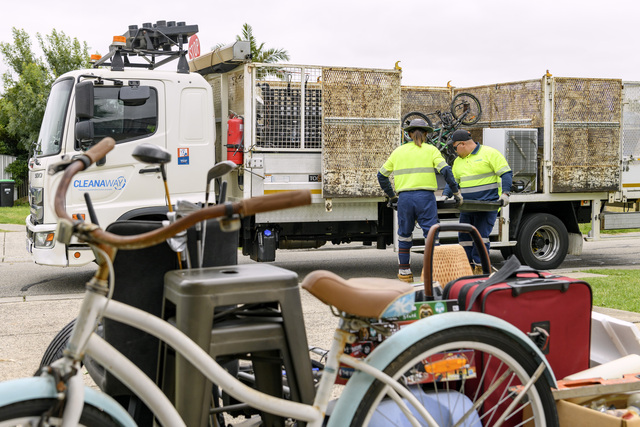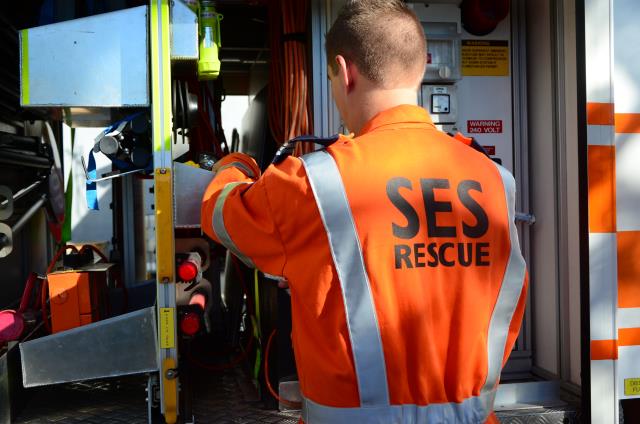The Victorian drought is ‘exacerbating’ the issue of serrated tussock spread in Moorabool, adding to the challenges faced by local landholders and farmers.
According to the Victoria Serrated Tussock Working Party (VSTWP) website, serrated tussock is a Weed of National Significance and is regarded as one of the worst weeds in Australia because of its invasiveness, potential for spread, and economic and environmental impacts.
It can spread with ease across pastures, native grasslands, and urban areas.
Pentland Hills Landcare Group member and VSTWP community representative Joe Lesko said in Moorabool, “this last year’s been the worst year I’ve seen in 35 years”.
“The drought has actually [exacerbated] the tussock problem … they survive in the drought and everything else doesn’t … they’re actually getting a bigger stronghold,” Mr Lesko said.
“It’s stacked on top of everything else … one of the biggest tools against serrated tussock is sowing down new pastures … the costs have gone up astronomically, so unless everybody’s doing their bit, you could be throwing money down the drain.”
Mr Lesko said “winning the war” against serrated tussock “relies heavily on all landowners taking action to control weeds on their properties,” and the VSTWP is part of a project called Community of Practice that is aimed at targeting serrated tussocks in the next couple of years with “new initiatives and community-based actions.”
VSTWP community engagement officer Ivan Carter said winter is an ideal time to tackle serrated tussock in Moorabool, because the plant becomes more distinguishable from desirable pasture species during the cooler months.
He said he encourages landowners to visit the VSTWP website for comprehensive serrated tussock identification and control resources and attend one of its upcoming local field days or workshops, along with using Agriculture Victoria and local Landcare group resources.
Mr Carter said ongoing drought conditions have placed significant stress on Moorabool farmers, making it difficult to prioritise weed management when facing water shortages and reduced pasture growth.
“Many landholders are struggling with limited time, labour, and resources to control invasive species like serrated tussock,” he said.

















